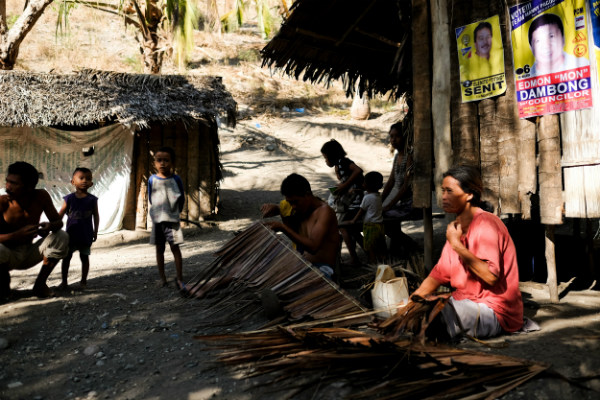Now that the rainy season has officially been declared open by PAGASA, we can look back at the past summer and say it sure was hot as hell.
But while we had it bad here in Manila, it was much worse for farmers in the Southern Philippines.
Because of the 2015-2016 double El Niño, local farmers and indigenous people have been suffering immensely — and as a result massive agricultural damage is now threatening our country’s food security and farming systems.
El Niño also brought disturbing stories of farmer suicides due to hunger and growing indebtedness, involving farmers from the Teduray tribe who borrowed from traders for genetically modified seeds, chemical fertilizers, herbicides and pesticides.

What can we do? Greenpeace has some suggestions.
Instead of promoting chemically-intensive farming, we should encourage our farmers to turn to ecological farming as a way of helping agriculture cope with climate shocks.
“Biodiversity is at the heart of ecological farming and planting a mix of different crops and varieties along with diverse poultry and livestock in one field is a proven and highly reliable farming method to increase resilience to erratic weather changes,” says Greenpeace.
It’s a practical solution to nurture diverse and ecologically sustainable farms.
Greenpeace, other non-government organizations, the local government units, and state weather bureau PAGASA took the initiative to set-up climate resiliency field schools in certain areas to help farmers understand weather patterns.
“The good news is that we need not start from scratch, as there are already working examples of community innovations,” said Wilhelmina Pelegrina, Greenpeace Southeast Asia Food and Ecological Agriculture Coordinator.
The growing food emergency is every Filipino’s problem. Let’s support this advocacy to fix the broken food and agriculture system.





Reader Interactions